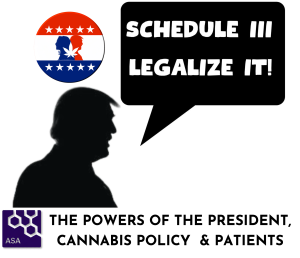Pesticide Violations Persist in California’s Legal Cannabis Market

Despite the promise of legalization to regulate pesticide usage in cannabis, California’s legal marijuana market is facing challenges with pesticide violations. The state’s voters aimed to address this issue when they legalized marijuana in 2016, mandating state oversight of pesticide use in cannabis products.
An investigation by a news outlet revealed significant shortcomings in California’s pesticide regulations. These include instances of labs fabricating safety tests and retailers marketing marijuana tainted with prohibited chemicals. The Department of Cannabis Control (DCC), tasked with overseeing marijuana regulation, acknowledged its current inability to test certain cannabis products for pesticide contamination. This lack of transparency means consumers may unknowingly be exposed to harmful substances.
The DCC employs confidential product “embargoes” as a measure against suspected contaminated products, effectively keeping the public uninformed. This secrecy persists even when retailers defy these embargoes, posing potential health risks. In one case, the DCC delayed public notification about a contaminated product until two months after a voluntary recall by the producer, leaving consumers unaware of the risks associated with two other products.
Despite requests for interviews and information, Nicole Elliott, the head of the DCC, and the agency itself have remained largely unresponsive, citing “ongoing investigations” as the reason for their silence.
California’s cannabis regulations, while not entirely ineffective—legal dispensary-bought marijuana has been shown to be less contaminated than its illicit counterpart—face criticism for their enforcement. Josh Swider, CEO of Infinite Chemical Analysis Labs, points out the systemic failures that allow tainted cannabis to reach legal market shelves.
The industry’s unique challenge is the lack of federal guidance on pesticide safety due to marijuana’s illegal status at the national level. This leaves states to individually determine permissible pesticides. California, with some of the nation’s strictest standards, mandates testing for pesticides, heavy metals, mold, and potency in all legal cannabis products.
Despite rigorous testing and regulation, instances of cannabis containing banned substances being sold in legal outlets continue. The process to remove such products involves embargoes and investigations that may lead to recalls. However, embargoes are not made public, and the DCC’s refusal to release information about these products leaves consumers at risk.
This situation underscores the ongoing struggle within California’s legal cannabis market to ensure consumer safety from pesticide contamination. The state’s approach, marked by secrecy and insufficient enforcement, highlights the need for greater transparency and accountability in protecting public health.





